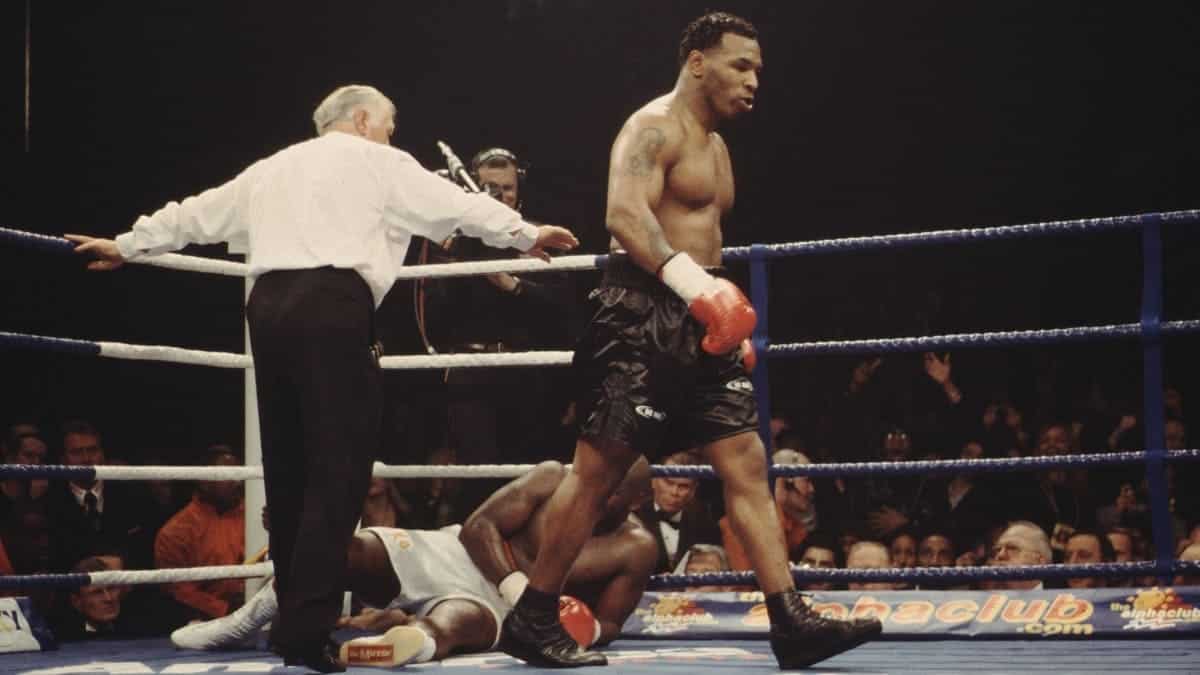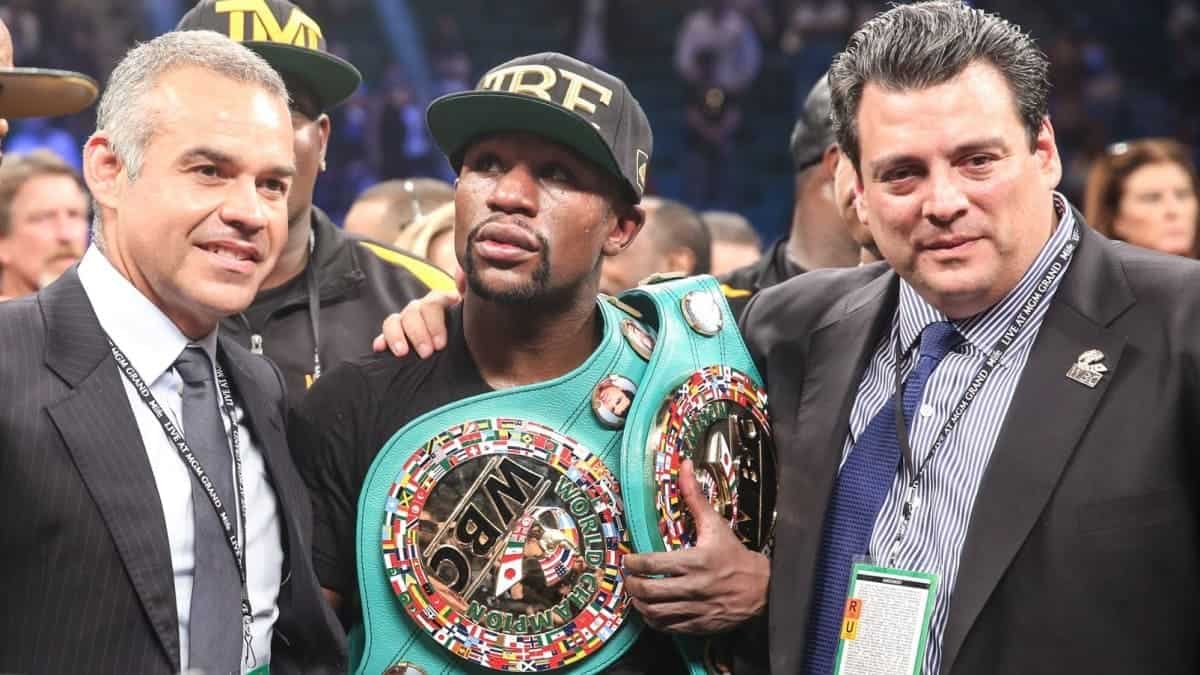A Team GB sprinter has been banned from competing for four years following an adverse finding for notorious substance Clenbuterol.
Labelled a ‘performance-enhancing’ and a ‘weight-loss aid’. It’s the same prohibited drug which was found in a test on Canelo Alvarez in February.
Canelo was given a six-month suspension by the Nevada State Athletic Commission back in March. The Mexican consequently competed again in September.
Clenbuterol was also present when former heavyweight champion Lucas Browne was stripped of his WBA title. For which he was also suspended for six months in 2016.
Both punishments are a far cry from that laid down to Nigel Levine, a British 4×400 relay champion. The 29 year-old will not be allowed to compete in ANY sport until 2022.
Commenting on the situation, UKAD chief executive Nicole Sapstead told the BBC: “All athletes must adhere to the principle of strict liability. They are solely responsible for any substances found in their system.
“Mr Levine is an elite athlete who has competed at the Olympic Games, European and World Championships. He has received significant anti-doping education throughout his career.
“It is up to role models such as Mr Levine to uphold the highest standards when it comes to anti-doping. Ensuring they check all supplements thoroughly. And are 100% certain they know that what they are consuming is not prohibited,” she added.

The severity of Mr. Levine’s sentence could be an eye-opener for boxing, Many retractors see the current penalty system as highly floored.
Handing down a six-month suspension to a boxer is virtually no punishment at all. Most top-level fighters only compete twice a year anyway.
There’s a standard two-year ban in place for those under UK jurisdiction, whilst the USA seems to rule on a case-by-case basis.
SAUNDERS
The sport is begging for clarity regarding punishments, test procedures and subsequent bans as with the recent case of Billy Joe Saunders.
A middleweight champion ready to defend his title on October 20, Saunders was flagged for a substance not illegal in his home country.
Saunders was denied a license to fight his mandatory challenger in Boston, Massachusetts and went on to lose his belt following the process.
If both sides of the argument had agreements in place prior, the eventuality – which has resulted in no punishment for Saunders as yet – would never have transpired from the outset.
For that reason, knowledge of the rules should be set on either side of the fence from the outset.
For Levine, and unlike Canelo or Browne, any further participation in his chosen sport is almost certainly over.




